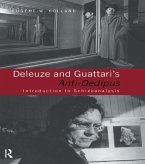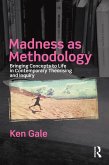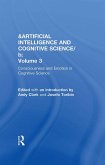Do we explain achievement when we attribute it to the fictitious entity we call "genius"? Do we explain failure when we attribute it to the fictitious entity we call "madness"? Or do we deceive ourselves the same way that the person deceives himself when he attributes the easy ignition of hydrogen to its being "flammable"? Szasz interprets Virginia Woolf's life and work as expressions of her character, and her character as the "product" of her free will. He offers this view as a corrective against the prevailing, ostensibly scientific view that attributes both her "madness" and her "genius" to biological-genetic causes. We tend to attribute exceptional achievement to genius, and exceptional failure to madness. Both, says Szasz, are fictitious entities.
Dieser Download kann aus rechtlichen Gründen nur mit Rechnungsadresse in A, B, BG, CY, CZ, D, DK, EW, E, FIN, F, GR, HR, H, IRL, I, LT, L, LR, M, NL, PL, P, R, S, SLO, SK ausgeliefert werden.









